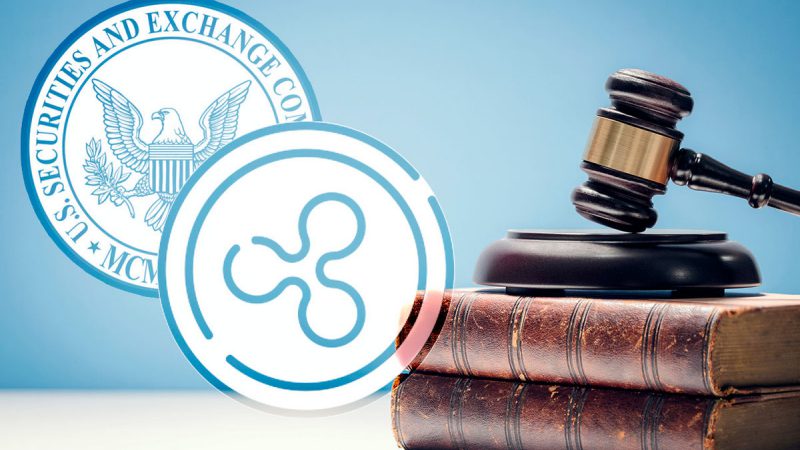One of the strongest pillars in the crypto industry is the community. With the SEC-Ripple lawsuit moving ahead with full steam, XRP holders have made many attempts to aid the defense. Attorney John E. Deaton is leading a group of 1746 XRP holders as “amici curiae” in the lengthy ongoing lawsuit.
Amici Curiae means “friends of the court.” This status allows individuals to aid in the court hearing in some instances. In March 2021, a group of XRP holders led by Deaton submitted a motion to intervene in the litigation. Although the motion was denied in October, the group obtained the amici curiae status, allowing them to provide aid in the defense of Ripple.
Deaton has 3252 signed affidavits from XRP holders. The documents accuse the SEC of hurting investor profits by pursuing the case against Ripple. They claim not to have purchased XRP tokens because of the promises made by Ripple. But instead, they cited utilitarian purposes as the reason.
Nonetheless, the SEC is not too happy with holders being friends of the court. The agency submitted an objection to the court on the 19th of July, and the agency is against recognizing the XRP holders and attorney Deaton as amici curiae.
Is the SEC threatened by Ripple’s “friends”?
The SEC dismissed Deaton as an amicus because of alleged threats he made against former SEC Chairman Jay Clayton. The commission cited a YouTube video from 2021 in which Deaton stated,
“Might have to walk over and slap the [censored] out of former SEC Chair Jay Clayton.”
Deacon had also recently sent an open letter to the House Financial Services Committee members and SEC. In the letter, Deaton asked the members of both agencies to “truly understand the damage being inflicted on innocent holders of XRP.”
The amici curiae status for XRP holders does not help the SEC’s cause. Moreover, it brings in the problems investors face in the court’s lights. This might strike a sympathetic chord with the judges, which the SEC probably fears.
Deaton and the XRP holders must submit their reply to the SEC objection by July 25th.
Moreover, Deaton asserted that the SEC’s enforcement of the law against Ripple, Garlinghouse, and Larsen was contradictory. In a Twitter thread, the attorney said that if the SEC had believed that XRP was a security, it would have sued Ripple and forbidden the two executives and Jed McCaleb from selling their coins. Jed McCaleb, a co-founder of Ripple, has sold nine billion XRP since he left the organization in 2014.
Additionally, with the Hinman speech out of the way, the SEC-Ripple lawsuit might close sooner than anticipated.





